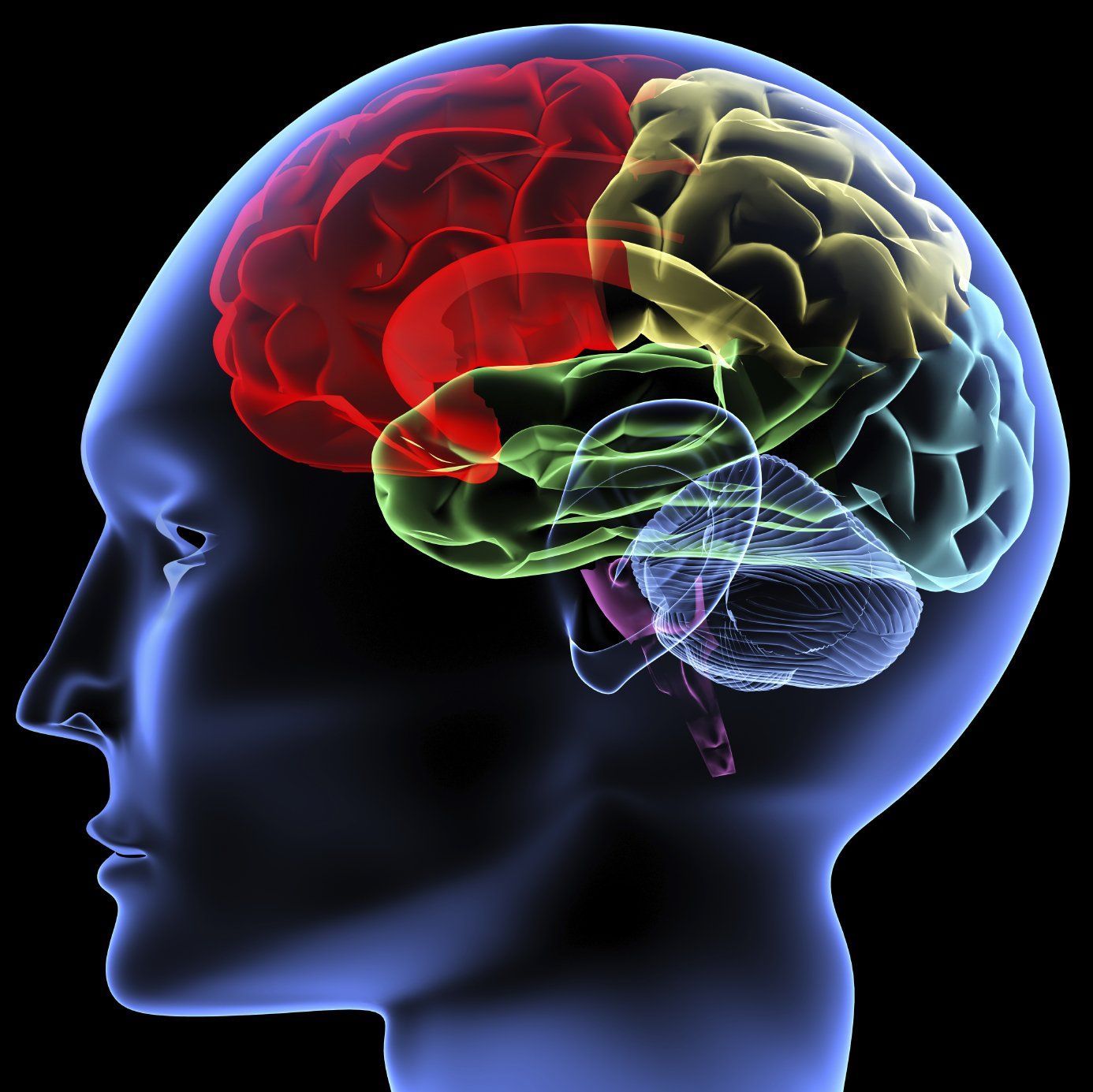Tracy Lefebvre, MSPP, ACC is a certified life coach, ADHD coach, and neurofeedback therapist who prides herself on creating a coaching practice rooted in her life experiences paired with a solid dedication for positively impacting her community. The proud mother of two amazing children, both managing ADHD, SPD, Anxiety, and one with ODD who is also transgender, Tracy developed a passion for helping children and their parents navigate these often-challenging waters.
A solopreneur holding two advanced degrees and multiple certifications, Tracy was born with a mind for business development as she began creating businesses in childhood. Presently, having faced the ups and downs of solo/entrepreneurship for decades, she has used this framework to be a beacon for others who strive to have the independence and freedom of solo/entrepreneurship. The solution is accomplishing clarity of mind to run an effective business and have a harmonious personal life for the optimal work-life balance.
Tracy combines her love for assisting adults and children with ADD/ADHD, their parents, solopreneurs, professionals, and couples with one common objective—being of service with compassion with integrity-based training. Tracy believes in the power of community and proudly resonates with the words of Helen Keller, “Alone, we can do so little; together, we can do so much.”
Tracy strives to engage in a partnership with her clients with her down-to-earth, pragmatic approach. At the same time, she helps them discover and implement systems/tools needed to achieve their goals, activate their brain, and gain confidence in their ability.












